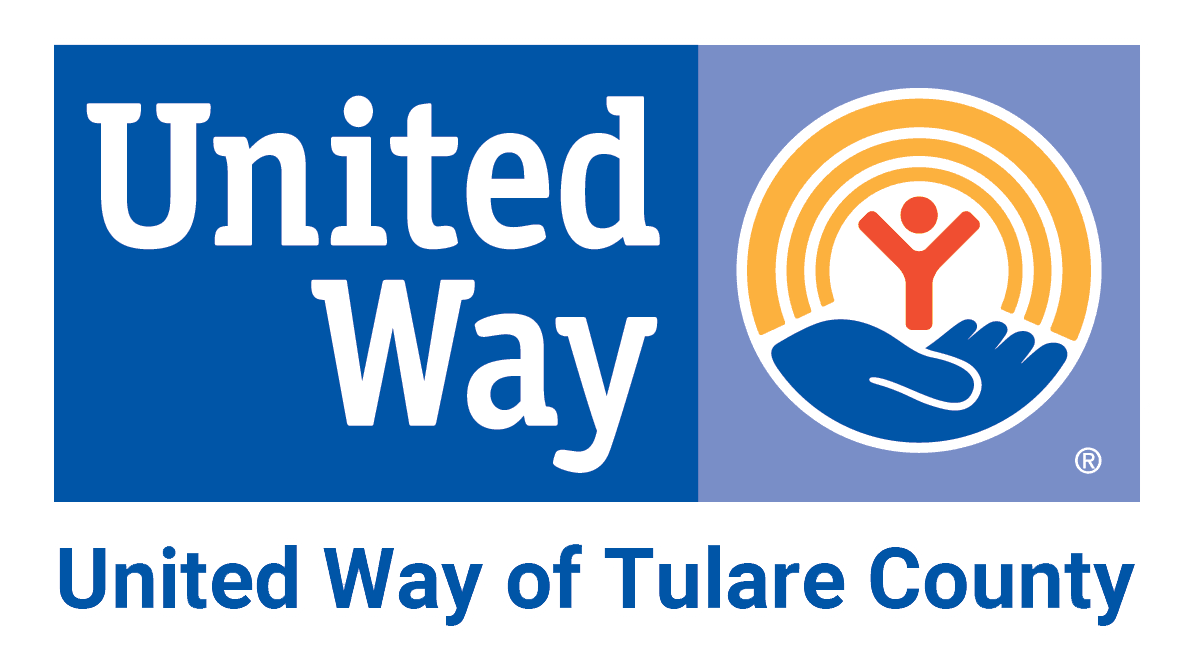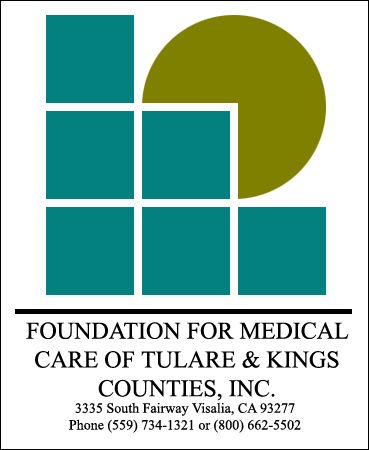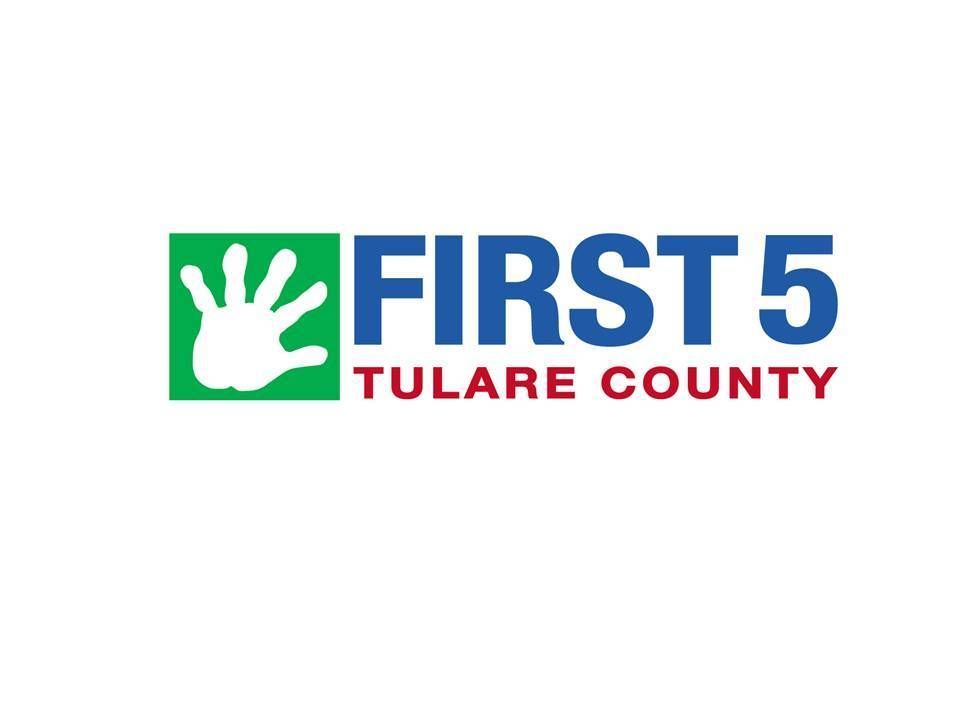
Family Services' Rape Crisis Center helps survivors of sexual abuse understand their options, connect with resources, and make informed decisions. If you or someone you know wants more information before reaching out for our services, read our Frequently Asked Questions below.
We're here to listen and offer confidential support through our 24-Hour Sexual Assault Hotline at 559-732-7273.
If someone has been sexually assaulted, what options do they have?
If the survivor wishes to file a report with Law Enforcement they can do that at any time, no matter how long ago the assault occurred. If the report is filed shortly after the assault they may be able to have a forensic medical exam, which may collect any DNA evidence. There is some criteria that needs to be met for the exam. Law enforcement is in charge of approving an exam and scheduling it for the survivor. Under the Violence against Women Act, survivors who do not wish to have an investigation opened still have the right to an exam. Same criteria will need to be met for approval of an exam. Law Enforcement will hold on to the evidence for some time in case the survivor decides to open an investigation.
The Rape Crisis Center will provide supportive services for survivors regardless if a police report was filed. If a survivor wishes to not file a police report that is okay. Every survivor’s healing process looks different. We offer several supportive services. Some include: personal advocacy, crisis intervention, peer counseling, professional individual counseling, and support groups.
Who can call the hotline?
Survivors of sexual assault and their significant others may call the hotline for support, information and referrals. Community partners who may be working with a survivor of sexual assault may also call to learn more about our services or refer a client for services.
What can a victim expect when reaching out for help?
A survivor can expect confidential support when reaching out to the Rape Crisis Center. An advocate will listen and provide support to the survivor. They will provide the survivor with information and resources.
What does a Rape Crisis Victim Advocate do?
A Rape Crisis Victim Advocate and/or Coordinator provides confidential, trauma-informed crisis intervention and peer counseling services to survivors of sexual assault and their significant others. An advocate may provide accompaniment to Forensic Medical Examinations and Law Enforcement interviews. If a survivor has an active criminal justice case open, the advocate will provide case – management and support/assistance at any stage of the criminal justice process. The advocate may also provide personal advocacy, securing rights/services from other agencies.
What is the role of a Rape Crisis Volunteer Crisis Counselor?
The role of a Sexual Assault Victim Counselor is to provide trauma-informed and confidential supportive peer counseling, information and referrals, and advocacy services to survivors of sexual assault and their significant others. They provide support over our Sexual Assault hotline and provide crisis intervention services and accompaniment for survivors of sexual assault to Forensic Medical Examinations and Law Enforcement interviews for support.
Do victims have to report in order to receive services?
Survivors of sexual assault do not have to file a police report to receive services with our Rape Crisis Center.
Can they ask for a forensic exam without a police report?
Under the Violence against Women Act, survivors who do not wish to have an investigation opened still have the right to an exam. Law Enforcement will hold on to the evidence for some time in case the survivor decides to open an investigation. The same criteria will apply for the approval of an exam.
Can minors receive services without an adult present?
A minor may receive services from our Rape Crisis Center without an adult present. We can offer trauma-informed, confidential crisis intervention, support groups, and peer counseling services without a guardian’s permission. We do need permission from a guardian for professional counseling but an adult does not need to be present for the sessions. The adult may drop off the youth and pick them up after session or wait in our lobby. All services are confidential and a significant other may be present if the survivor wishes to have them present. All of the services do not require an adult to be present.
Will any client information be shared with law enforcement or anyone else?
No client information will not be shared with law enforcement or any other members from our sexual assault response team unless we receive a signed release of information from a client. Our signed release of information’s purpose is to be able to speak to collaborative partners in order to be able to provide the most supportive services to the client. For example case updates, court dates, and Victim Witness benefits updates for the client, and/or connecting the survivor to other supportive services outside of our agency. The client may revoke their consent to the release of information at any time by a written statement to staff.
What happens if my case goes to court?
The client’s Victim Witness advocate is typically the advocate in charge of court updates, and court accompaniment. However, if the survivor wishes to have us present we may also provide accompaniment and work closely with their victim witness advocate to provide court updates.
Is counseling available? Are there any requirements?
Free individual counseling is available with our agency for sexual assault survivors and their significant others. It does not matter how long ago the assault happened or if a police report was filed. Anyone from the ages of 12 and older may access counseling services from the Rape Crisis center. If anyone is under 12 years old, they will be referred to our children’s counseling center or referred to an outside agency in Tulare County.



